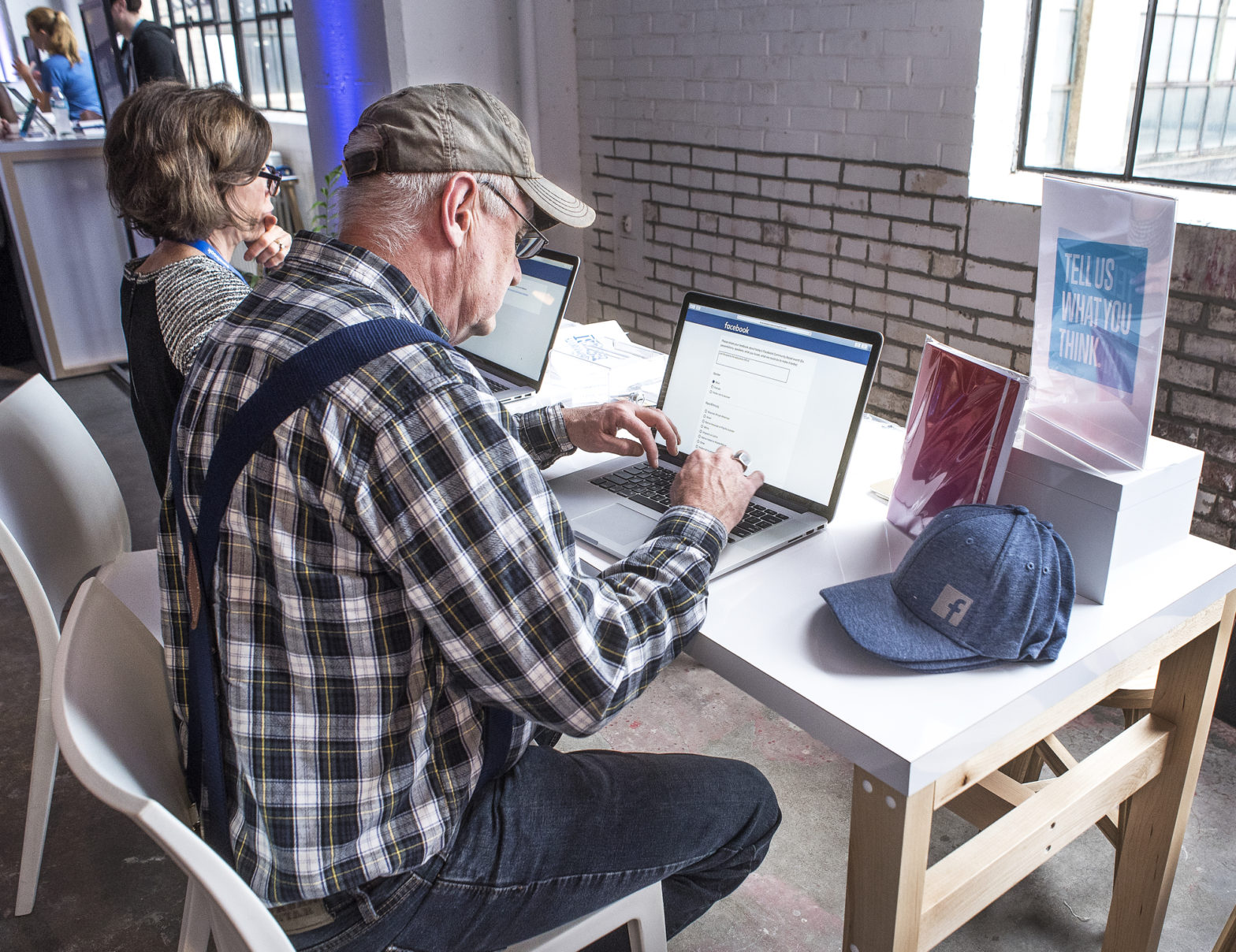
Photo: Shahid Khan | Dreamstime.com
Social tariffs insufficient to tackle digital exclusion, Manchester pilot finds
01 November 2023
by Sarah Wray
Central government should play a stronger role in addressing digital exclusion, according to the results of a pilot project in social housing in Greater Manchester.
“The market can do its bit but this is a problem that requires an up-to-date national digital inclusion strategy,” said Nick Horne, CEO of Wythenshawe Community Housing Group and Digital Inclusion Lead for the Greater Manchester Housing Partnership (GMHP), adding that digital inclusion should be part of the levelling up agenda.
Last year, Greater Manchester Combined Authority (GMCA) brought together five of the largest internet service providers with social housing organisations and local authorities.
One in five Greater Manchester residents live in social housing and an estimated 60 percent face levels of digital exclusion.
Beena Puri, GMCA’s Digital Innovation and Partnerships Lead, said digital inclusion often falls under the remit of IT teams.
“That doesn’t really cover the element around digital exclusion as a facet of social exclusion,” she commented. “And that’s very much the approach that we take. This is about helping people to fully participate in life.”
A report, commissioned by GMCA and carried out by the University of Liverpool, has been published on the pilot.
Low uptake
BT, Hyperoptic, TalkTalk, Virgin Media O2 and Vodafone were matched with one of five social housing providers from across Greater Manchester and the pilot aimed to reach 5,000 households and create a sustainable long-term model.
Digitally excluded residents were offered social tariffs or other discounted connectivity services and, in some cases, training.
However, uptake was generally “exceptionally low” with under 60 people taking up two of the tariffs. One project didn’t go ahead and no data was available for another. Vodafone’s pilot with Southway Homes offered free data sim packages for six months, capped at 20GB per month, and was taken up by 404 residents.
Social tariffs in the UK typically cost between £12 and £20 a month and the research found that this is still too expensive for many people. The low take-up in Manchester is reflected at the national level too.
“The research shows that really for this to be effective, the cost has to come in at around £5 to £8 a month maximum,” said Horne.
He added: “And if we drill down into that cost, it is not possible for the internet service providers to develop a product cheaper than that. They can’t be expected to subsidise the cost of digital access. So again, that turns to government as to what they might do about it.”
Another finding from the pilot was that while cost was a significant factor, others were perceived complexity, contract worries, and concerns that basic services would not meet residents’ needs.
However, “the biggest factor was actually lack of interest,” explained Horne.
“There’s a hearts and minds issue: how do we persuade people of the benefits of getting online in ways that resonate with them?
“The work that we’ve done with people coming in for digital skills training through our community centres shows that once people are online, a whole new world has opened up for them.”
He said a national digital inclusion strategy should include a campaign around why getting online is important.
Tax lever
To bring down social tariff costs, some have called for lower rates of VAT on broadband in line with other utilities.
“There is a tax on digital access and that is predominantly felt by those on the lowest incomes, so that’s again a national issue that needs to be looked at,” Horne said.
Several of these recommendations echo those from a report submitted to the government by the House of Lords in June, which said that the government “does not have a credible strategy to tackle digital exclusion”.
However, a response from the government said there are no plans to deviate from the standard VAT rate for retail or wholesale social tariffs. It said the principles of the 2014 digital inclusion strategy continue to inform its current thinking and that the government “does not consider digital inclusion as a stand-alone issue, but rather something that is considered in all policy areas where applicable.”
Puri said the response was “disappointing” and that GMCA will continue to collaborate with housing and internet service providers to find innovative models of working and to lobby the national government.
It will also continue to work at the local level through its digital inclusion taskforce, skills support, and connectivity data bank.
The University of Liverpool’s report found that: “These pilots have created the foundations for a far more constructive and mutually beneficial relationship for social housing providers and internet service providers.”
It outlines potential for future exploration around how social housing providers could enter joint branding partnerships with internet companies to aggregate demand, or take a more “transformational approach” and procure services to support better property management, health and social care, and free internet access for vulnerable tenants.
Wayleaves agreement
The pilot also resulted in several other practical outcomes, including the development of a standardised property wayleave agreement for Greater Manchester’s social housing stock.
Horne said: “This is really important to the internet service providers, because it’s essentially a contract between ourselves as the property owners and the ISP setting out exactly what they can and can’t do when they start punching holes in buildings. And rather than spend months negotiating that, we’ve now got this standard template that we can use as a starting point to speed up the process but also reduce the cost for the ISPs of having to start from scratch with every single housing provider and every single property.”
In addition, GMCA is introducing a ‘Good Landlord Charter’ for the rental sector and, as a result of the pilot, plans to include minimum digital standards for social housing.
The GMHP has already agreed a set of principles that commit its 24 housing providers to doing more to address digital exclusion among residents, including allocating responsibility and resources in the organisation, collaborating to improve digital offerings for residents, and improving data quality.








